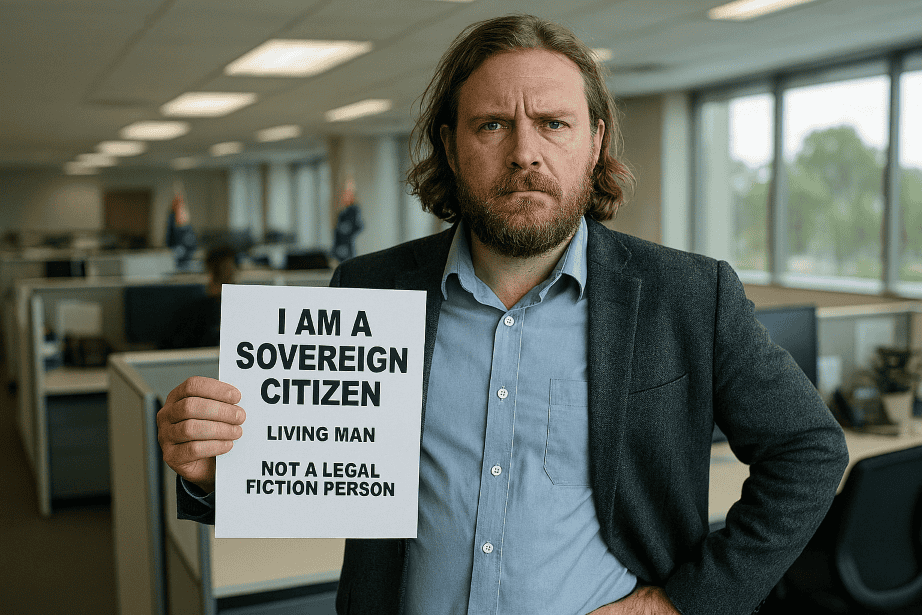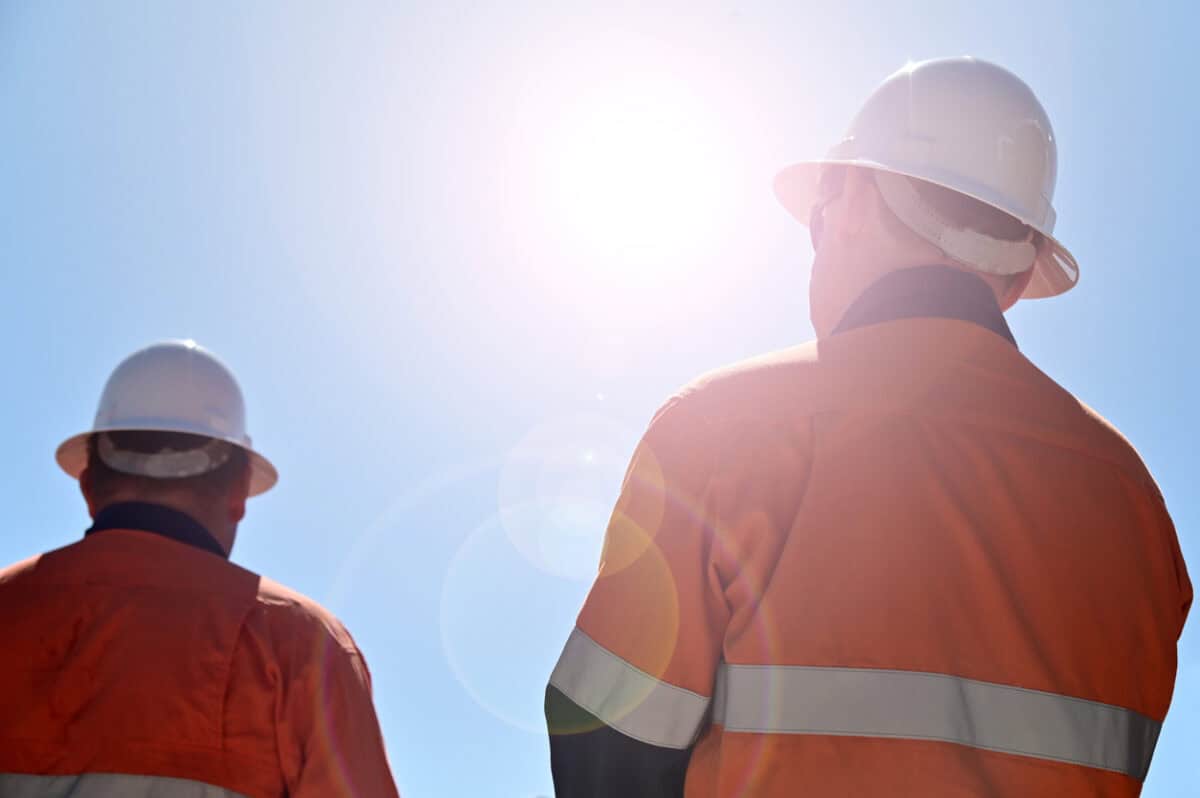Citizen and worker well-being will not be a major focus of the Australian government’s budgets, but it will still influence them. Recently, Professor Paul Read assessed the Wellbeing Budget concept in The Australian Fabians Review (issue 8). His optimism is notable and helps us understand well-being in an occupational and psychological context.
Category: health
Sovereign Citizens and Work Health and Safety
In Australia, the sovereign citizen movement has gained strength for some time, particularly since the COVID-19 pandemic. It is also, according to The Age newspaper recently, creating administrative problems for the courts – Flash juries and Bible verses: How sovereign citizens clog up Australian courts (paywalled). I began considering how I would manage a worker who held sovereign-citizen beliefs and might object to certain policies and directives used in the occupational health and safety (OHS) context.
Wellbeing vs Red Tape Is The Political Battle That Will Shape Australia’s OHS Future
Australian Treasurer Jim Chalmers was keen on establishing a “Wellbeing Budget“. The initiative faded, but the desire persisted. The Wellbeing Budget is getting renewed interest but also some anticipatory criticism. Such a budget could have significant impacts on occupational health and safety (OHS) management, so it warrants monitoring and cautious support.
Why Heat Safety Still Depends on Employers Not Canberra
The issue of working in heat has resurfaced in some Australian media this February, again driven by trade unions. The union approach continues to show negotiating flaws, deflections, and at least one inaccuracy.
Waiting for Leaders Who Actually Believe in OHS Reform
Canada’s Institute for Work & Health (IWH) has produced a bold forecast of the future of occupational health and safety (OHS) in its new report, “Work & health 2040: Anticipating changes impacting the futures of occupational health and safety”. The seven trends identified are not greatly surprising. Change is needed to address these trends, but who should, and how to, make the changes is unclear.
“Whom Do Soft Skills Really Serve?”
Every summer in Australia, it seems we are in crisis. Somewhere there is a bushfire, and somewhere else there are cyclones and floods. Somewhere, there are places that experience these two extremes almost at the same time. In all these circumstances, Australians expect strong, effective and compassionate leaders. These expectations affect how corporate executives behave and employ their “soft skills”.
What Advice Would Jesus Offer on Workplace Health and Safety?
I have written several articles on the moral foundations of occupational health and safety (OHS). This week, I sought assistance from the Bible via artificial intelligence apps, Text with Jesus and others. Below is that conversation and some useful, but synthetic, Biblical advice on managing a business safely.







